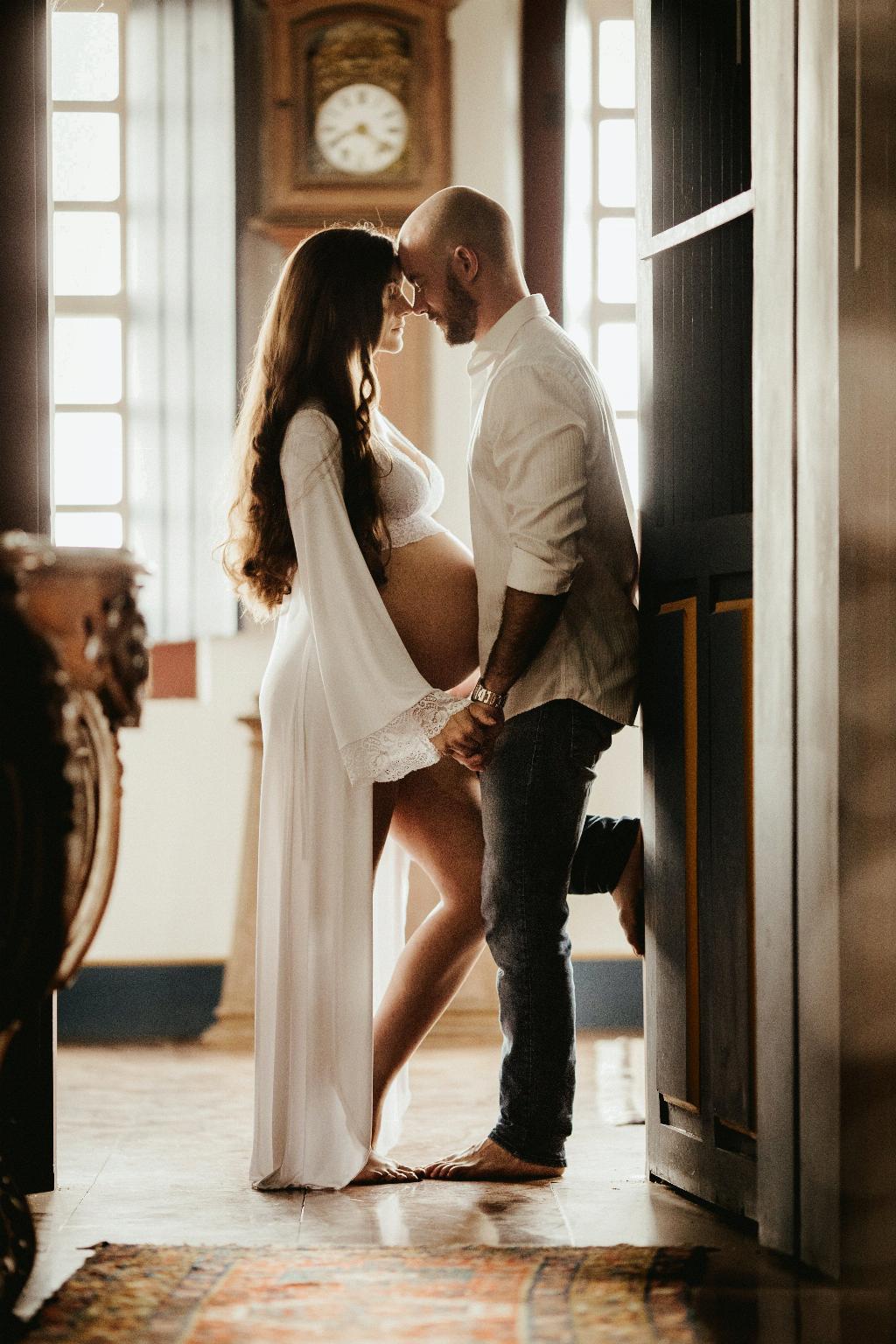When it comes to the question of how soon you will see signs of pregnancy after conception, the timeline can vary from person to person. It typically takes about 2 to 3 weeks after intercourse for a pregnancy to occur. However, some individuals may start noticing pregnancy symptoms as early as a week after conception, which is when a fertilized egg implants itself into the lining of the uterus.
Early signs of pregnancy can be subtle and easily mistaken for other conditions or menstrual symptoms. These signs may include fatigue, nausea, breast tenderness, and frequent urination. It’s important to note that not everyone experiences these symptoms or may not notice them until a few weeks into their pregnancy.
One of the earliest indicators of pregnancy is a missed period. This occurs when the fertilized egg attaches to the uterine wall, preventing the shedding of the uterine lining that typically happens during menstruation. If you have a regular menstrual cycle and miss a period, it could be a sign that you are pregnant.
Aside from a missed period, other common symptoms that may indicate pregnancy include morning sickness, changes in appetite, mood swings, and heightened sense of smell. These symptoms can vary in intensity and may come and go throughout the first trimester.
It’s important to remember that every pregnancy is unique, and not everyone will experience the same symptoms or at the same time. Some individuals may have a relatively symptom-free pregnancy, while others may experience a range of symptoms from the beginning. If you suspect you may be pregnant, it’s recommended to take a home pregnancy test or consult with a healthcare provider for confirmation.
Pregnancy tests work by detecting the hormone hCG (human chorionic gonadotropin) in urine or blood. These tests can usually provide accurate results as early as a few days before a missed period, depending on the sensitivity of the test. If you receive a positive result, it’s important to schedule a follow-up appointment with a healthcare provider for prenatal care.
While the signs of pregnancy can vary widely among individuals, it’s essential to listen to your body and pay attention to any changes or symptoms you may be experiencing. Keeping track of your menstrual cycle, monitoring any physical changes, and seeking medical guidance when needed are crucial steps in ensuring a healthy pregnancy journey.
As your pregnancy progresses, you may notice additional symptoms such as weight gain, stretch marks, and fetal movement. These changes are all part of the natural process of growing and nurturing a new life inside your body. It’s normal to feel a mix of excitement, anticipation, and apprehension as you prepare for the arrival of your baby.
It’s also important to practice self-care during this miraculous and transformative time. Eating a balanced diet, staying hydrated, getting regular exercise, and getting plenty of rest are all essential for a healthy pregnancy. Additionally, attending prenatal appointments, taking prenatal vitamins, and staying connected with a supportive network of family and friends can help you on this journey.
Each pregnancy journey is a unique and deeply personal experience. Whether you are eagerly anticipating the signs of pregnancy or navigating unexpected symptoms, remember that you are not alone. Seeking guidance from healthcare professionals, connecting with other expectant parents, and leaning on your support system can help you navigate the joys and challenges of pregnancy with confidence and resilience.
In conclusion, the timing of when you will see signs of pregnancy can vary, with some individuals noticing symptoms as early as a week after conception and others not experiencing symptoms until later in their first trimester. Paying attention to your body, being aware of changes, and seeking medical advice when needed are key components of a healthy and informed pregnancy journey.

